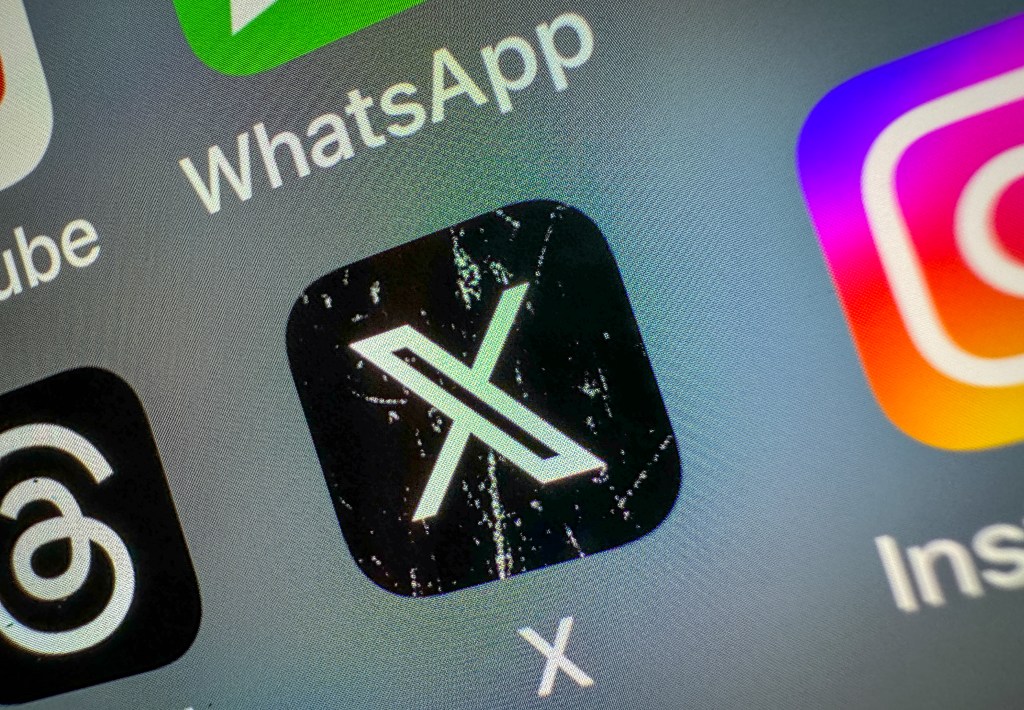
The American sports betting market produced $10.9 billion in revenue in 2023 for casinos, sportsbooks and iGaming, according to the American Gambling Association. One of the reasons this industry is so lucrative is because the majority of people who bet on sports lose. A three-year-old San Francisco-based startup called DubClub is trying to change that.
“When betting on sports, you are at a structural disadvantage versus the sportsbooks,” DubClub co-founder and CEO Ryan Gaertner, told TechCrunch. “They have more data than the average person. Those companies make money when people lose.”
DubClub hopes to help amateur betters win more by finding experts that may help them better understand which bets to make. DubClub is a platform where amateur sports betters can subscribe to professional “cappers,” a gambling industry term for people that research and pick winners using their own handicapping systems. Cappers are in a profession as old as gambling itself, and also ripe for scams. But DubClub says it vets these sports content creators. Users receive their information through text, email or Discord.
Gaertner said that the idea behind DubClub came from a conversation he overheard between co-founders Andrew Daschbach and Lewis Burik. Daschbach wanted to get better information to help him find an edge while sports betting. He found handicappers online that were willing to share their picks, but finding these handicappers was fragmented, the payment process was sketchy, and it was hard to avoid scams. Gaertner figured Daschbach wasn’t the only one with this problem.
“Cappers really wanted to get paid, and they were already getting paid for their advice, but the system was archaic,” Gaertner said. “It felt like the perfect place for us to build a product and a network that brings both sides together.”
Gaertner said they spent six months working with these sports betting content creators to build a platform that they’d be willing to adopt. The company launched in 2021 and says it has since seen more than 1 million subscribers on its platforms, with some users being consistently subscribed to certain cappers for more than a year straight.
DubClub just raised a $7.5 million Series A round led by Renegade Partners. Gaertner said DubClub isn’t a particularly capital-intensive business and they didn’t need to raise. He added that the raise is so DubClub can build a better tech stack and website — Gaertner said he can acknowledge their tech is good now but not great — and needed the capital to hire engineers and product people.
Roseanne Wineck, a co-founder and managing director at Renegade Partners, said she got introduced to the company through Tripp Jones, a partner at Uncork Capital, which led the company’s seed round. The pair were trapped at the airport waiting on a delayed flight when Wineck asked Jones her favorite question for fellow VCs: ‘”What is your favorite investment?” Jones said DubClub and Wineck decided to look into it despite not knowing much about the space.
“We tend to have a good amount of vertical SaaS in our portfolio and I think you don’t often think about handicappers as a vertical, but it is this consumer trend with that creator layer on top of it,” Wineck said. “It’s one of those lightning-in-a-bottle markets. It’s $10 billion. It’s supposed to be like $30 billion in a few years.”
Despite the growth potential in sports betting, it is an interesting sector for DubClub to be building in. While it has the potential to be a huge market, this is also a polarizing space. A lot of consumers and investors don’t want to be associated with the gambling industry due to its ties to addiction. Some investors also actually can’t touch it due to vice clauses, which LPs set to prevent their GPs from backing certain types of businesses.
While DubClub is not a betting platform itself, Gaertner said he’s conscious of this industry’s perception. He doubled down that DubClub is a platform for users that bet on sports as a hobby, not a career, and that they track how much money their users are spending. He added that they are looking into adding guardrails and guides that could set limits for how much money people can spend on the platform. But that’s why this area is polarizing: setting limits may be the right thing to do — but limiting usage could have a negative impact on the company’s bottom line.
DubClub isn’t the only company connecting handicappers with sports betters either. BetFirm is another, as is SportsCapping.
Gaertner thinks DubClub’s current subscription business is just the beginning. He wants to eventually add features where users will be able to discuss different bets almost like a social media company. But for now, football season starts this weekend.
“It’s not about winning. It’s about winning more together,” Gaertner said.


